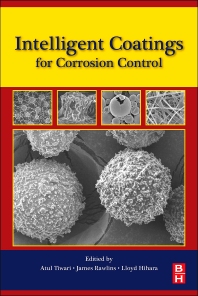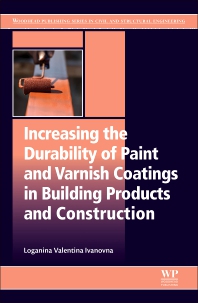BASF Leads Development of New ASTM Test Standard for Transportation Coatings

SOUTHFIELD, MI – A collaborative 14-year effort involving BASF, automotive and aerospace original equipment manufacturers (OEMs), material suppliers and test equipment manufacturers has resulted in a new American Society for Testing and Materials (ASTM) test standard for transportation coatings.
The new method is 30 to 40 percent faster than the previous test standard used for many OEMs and improves the accuracy to nearly 100 percent in predicting coating service life compared to less than 50 percent with the previous standard. Industry implementation of this new test can speed new product development and aid in the development of better overall products for the coating industry. This test can be used for automobiles, aircraft, trucks and rail cars.
Officially named ASTM D7869-13, Standard Practice for Xenon Arc Exposure Test with Enhanced Light and Water Exposure for Transportation Coatings, the new test simulates physical and environmental stresses that an exterior transportation coating is exposed to in a subtropical climate. These stresses include long water exposures, wet/dry cycling and high dosages of solar radiation, all of which have been shown to cause severe coatings deterioration.
“This new test standard was developed to address the deficiencies of historical tests used for transportation coatings, especially automotive coatings,” said Don Campbell, Group Leader, Coatings Solutions, for BASF in North America. “As a company that strives to be a solutions provider, we are proud to lead the charge for this improved test, which will lead to more efficient and accurate testing and help open the door for new coatings technologies to be explored.”
The new test conditions consist of a primary test cycle and a sub-cycle. The primary test includes two long water exposures and a single, long light exposure with precise spectral match to daylight. The sub-cycle consists of shorter alternating water and light exposures and is designed to simulate cyclic stresses such as cracking and surface erosion.
These two cycles are designed to replicate the common types of coatings failures driven by the interaction of photo-oxidation during daylight and hydrolysis during water exposure. Together, these failures can lead to gloss loss, color change, adhesion, blistering and cracking.
BASF has been active in the ASTM D-01 committee on accelerated weathering for many years, and began efforts in test development in response to a customer issue. BASF brought key partners together, developed the critical coating formulas for testing, and conducted several important experiments in the physical test laboratories, which resulted in the new test method.
For additional information about the new test method, read PCI’s article, “Improved Accelerated Weathering Protocol.”
Looking for a reprint of this article?
From high-res PDFs to custom plaques, order your copy today!






